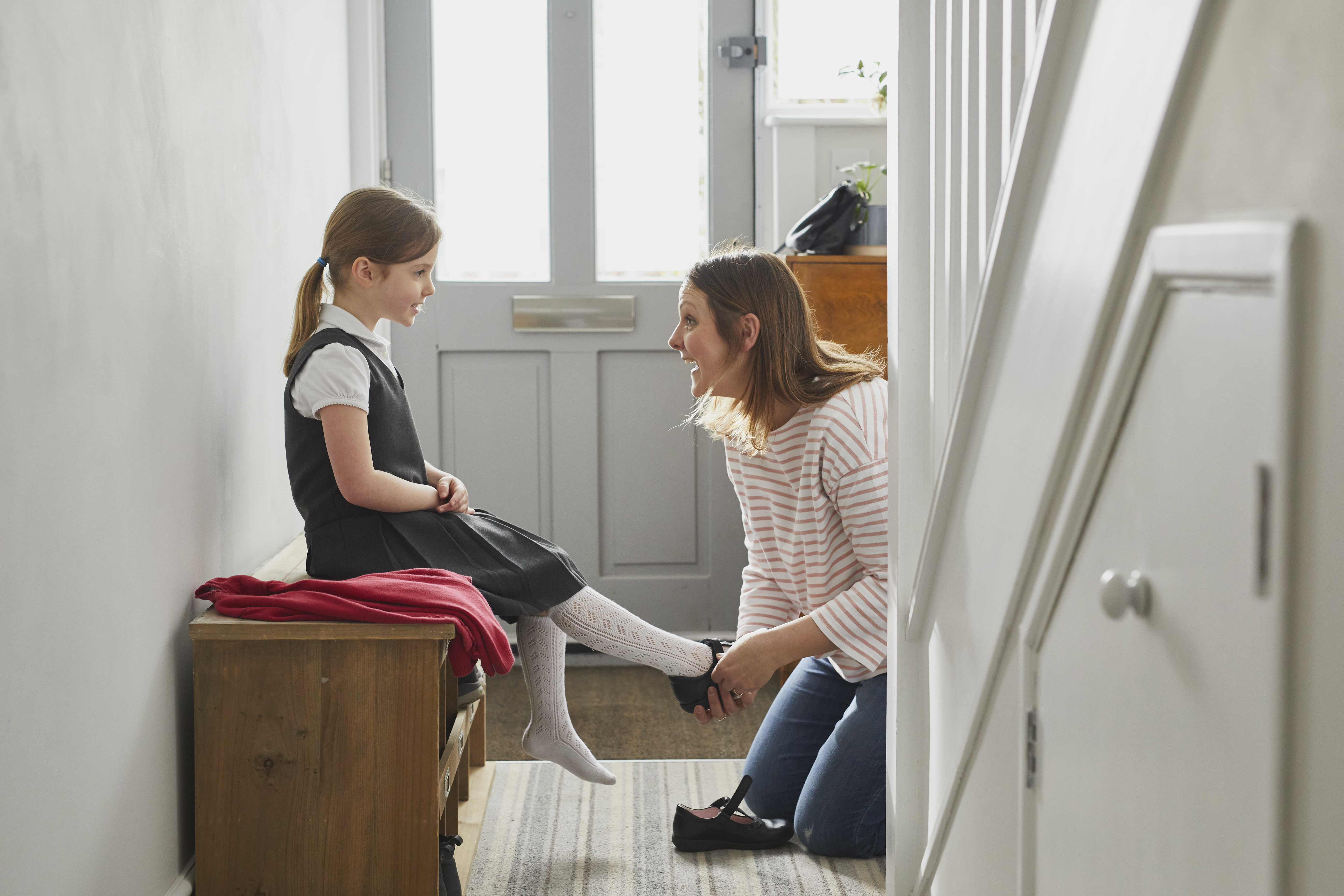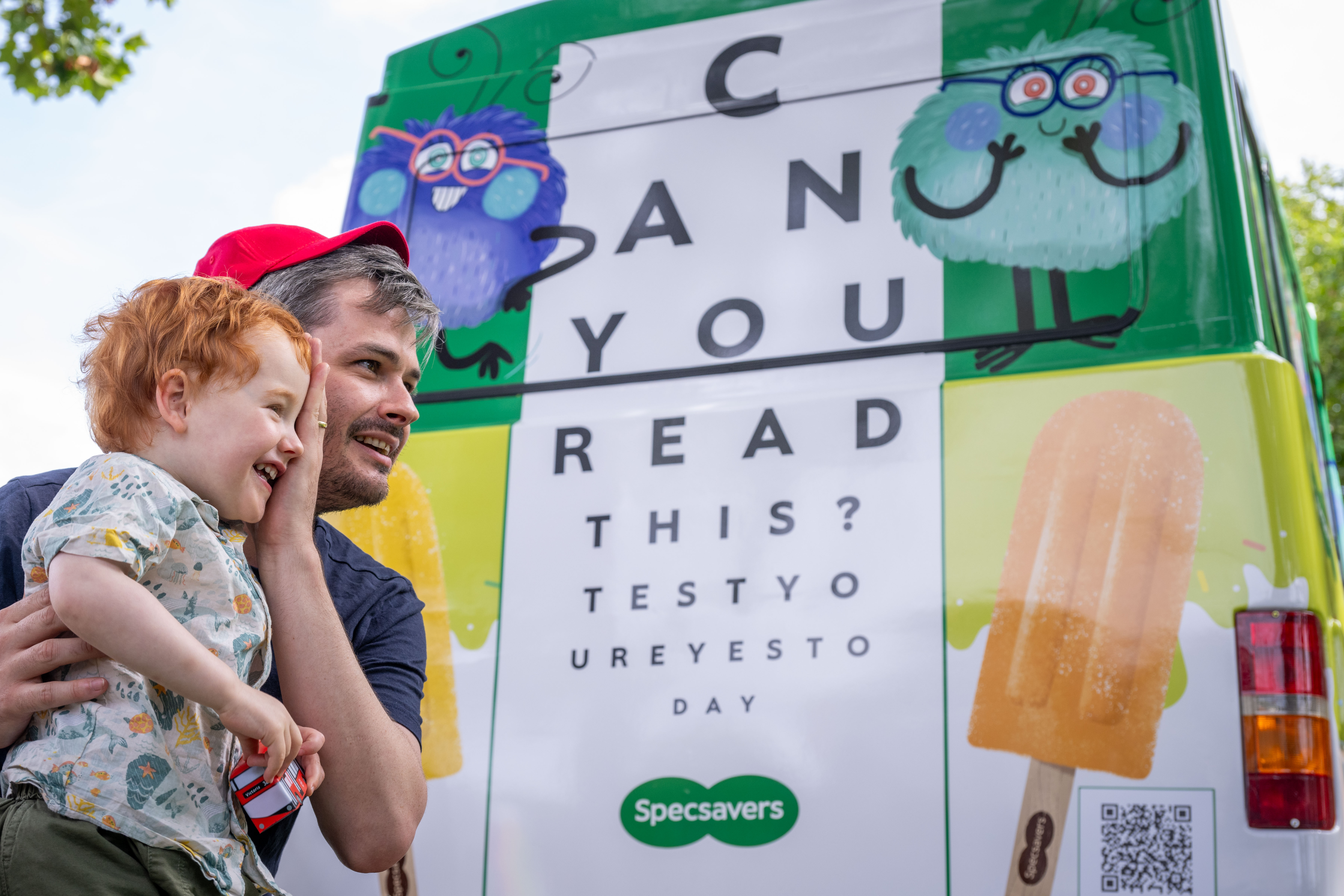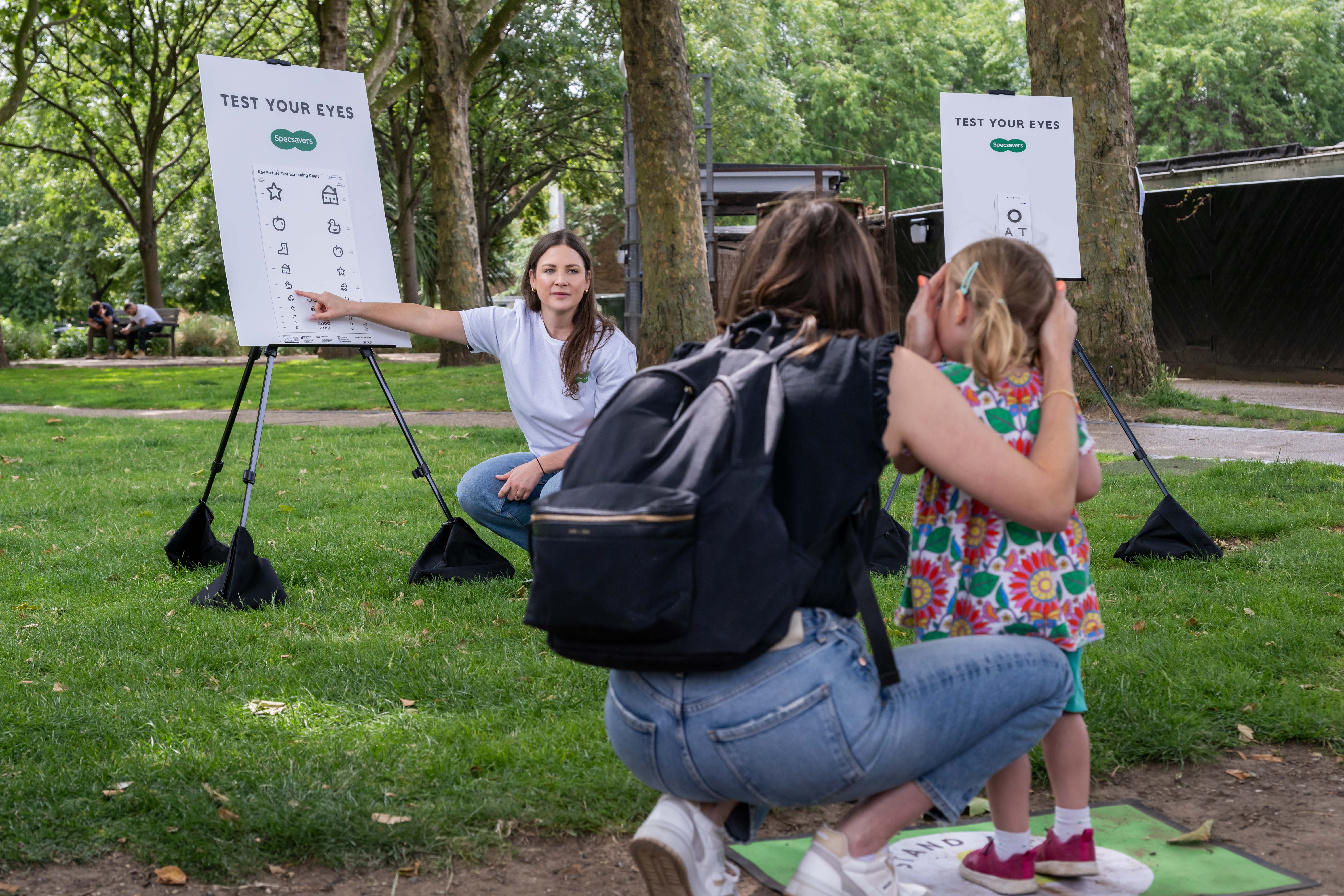The most important tasks around the start of the school year that parents most often forget
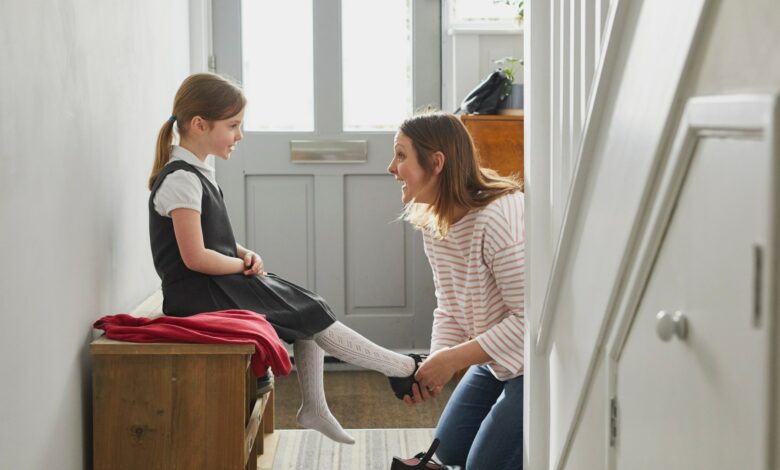
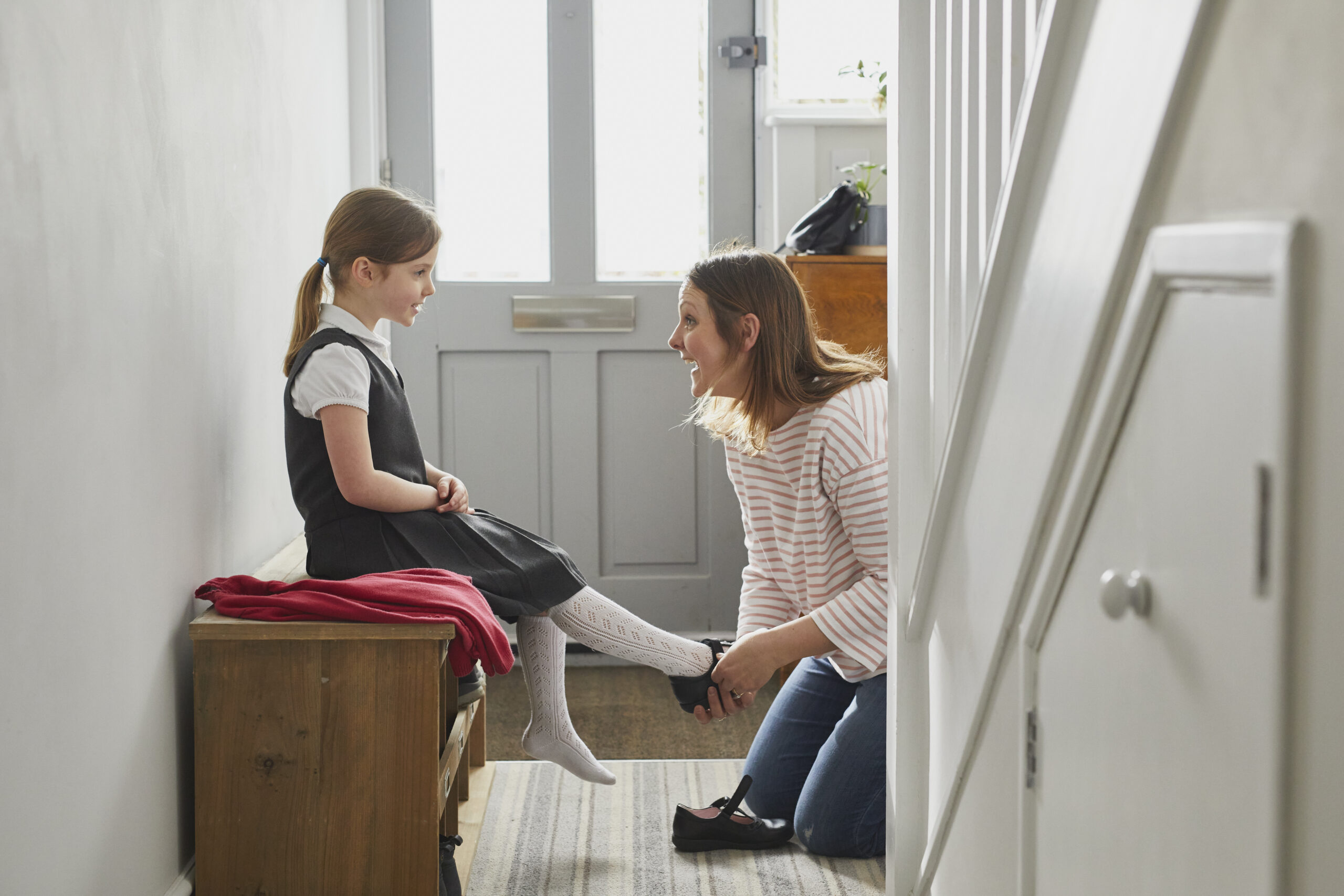


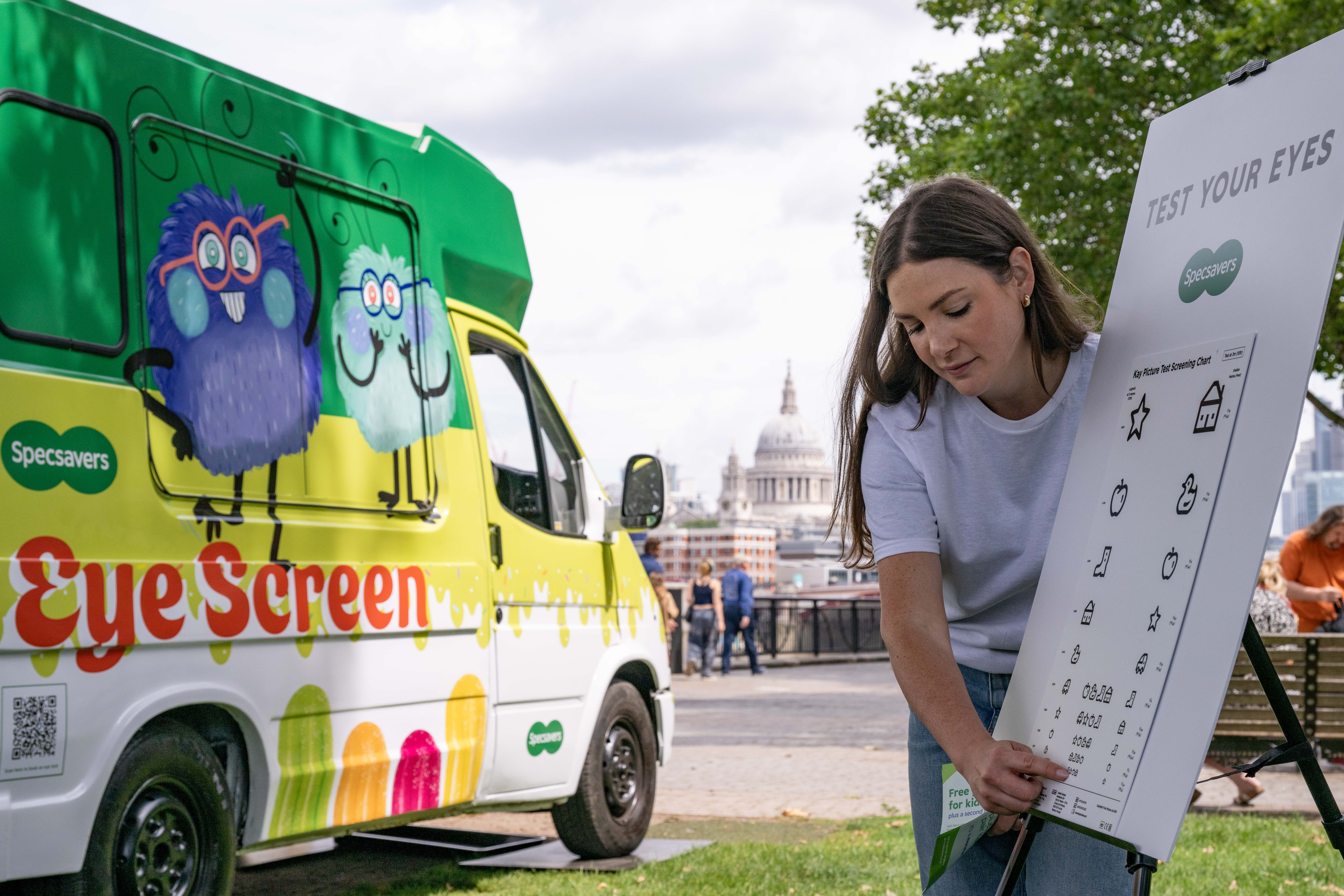
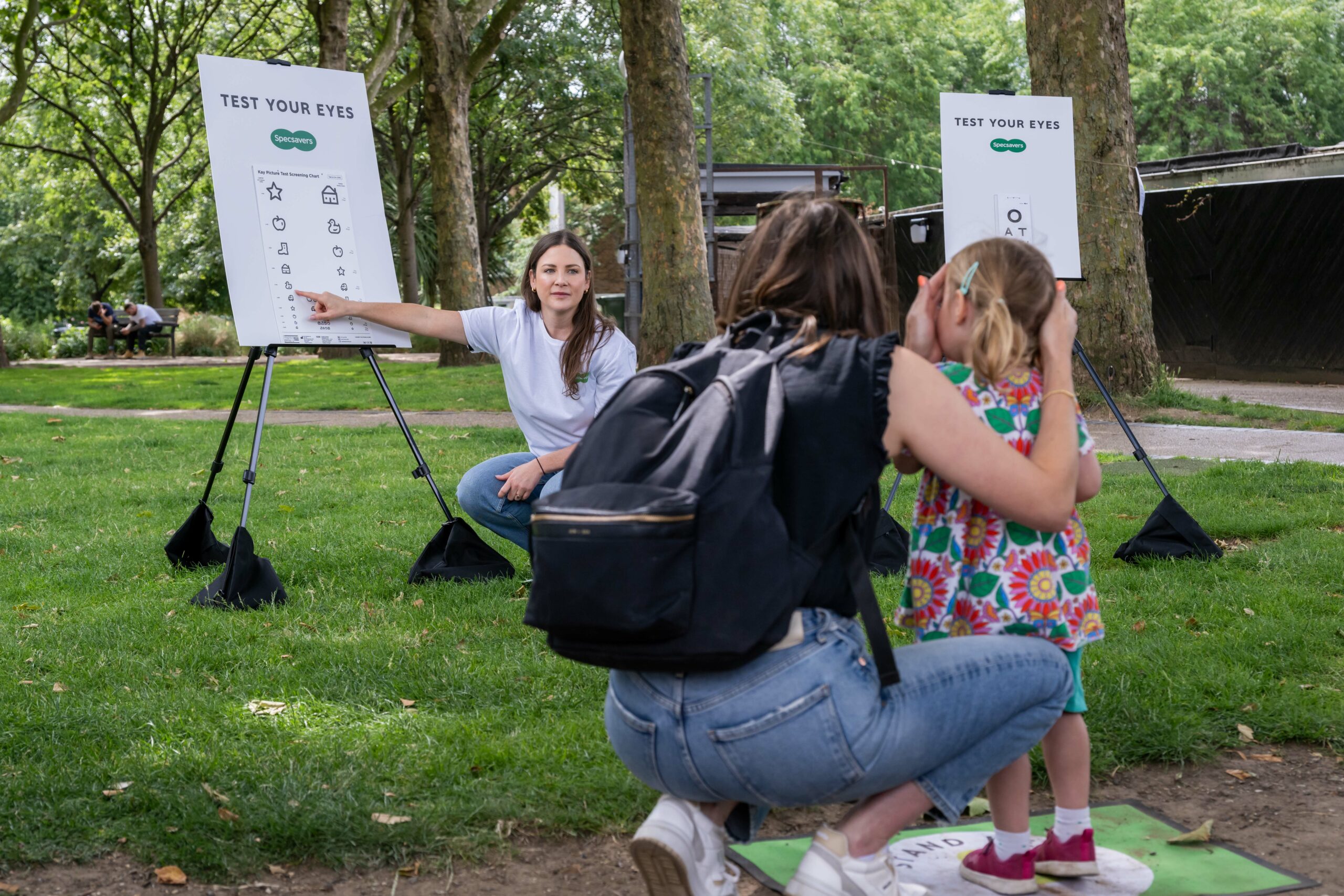
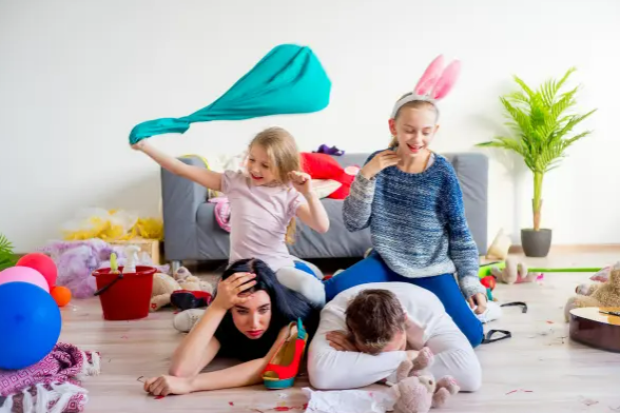
The average parent expects to complete only three-quarters of their back-to-school list in time for the start of the school year.
A survey of 1,000 parents of school-age children found that buying new school uniforms, fitting shoes for school and arranging transport are just a handful of tasks on a seemingly ‘never-ending’ list.
One in ten mums and dads think they will miss some essential preschool activities due to lack of time, with 11 per cent saying it is ‘very’ stressful.
Buying new pencil cases and pencils, purchasing books and sewing on name tags are also on the to-do list for the beginning of the school year.
Only 20 percent add making an eye appointment to the list before returning to school.
The research was commissioned by Specsavers, which has designed an Eye Screen Van to encourage parents to think about their children’s eye health. The Eye Screen Van can be found on London’s South Bank and at The Royal Botanical Garden in Edinburgh.
Clinical Services Director Giles Edmonds explains why it’s so important to get your eyes tested before the new school year.
He said: “Many parents assume that their child is not showing any signs of a vision problem and therefore there is no need to have their eyes tested.
‘But nothing is less true.
“It is extremely important to ensure that your child has regular eye exams from an early age, for several reasons.
“Since over 80 percent of our learning, cognitive and social skills come through our vision, this is vital to your child’s overall development.
“Poor vision can cause learning and behavioral problems.
“Conditions such as strabismus and amblyopia (lazy eye) can be treated more effectively if they are caught earlier. This can make a big difference for your child.
“An eye test doesn’t just check your vision. It can also detect other underlying health problems.”
The research found that 28 percent will spend time planning future meals and snacks for the new trimester than people who have an appointment with the dentist or optician.
Just over a quarter (26 percent) of parents surveyed have spoken to their children about the vision problems they experienced at school.
Of these children, 37 percent found it difficult to see the whiteboard and 33 percent would have liked to sit closer to the class.
More than a fifth (22 percent) have experienced problems during gym class because they could not see the ball properly.
And 24 percent of children said they were reluctant to have their eyes tested, the OnePoll.com figures.
It also found that one in four children between the ages of four and 16 has never had an eye test, and another 17 percent have not had an eye test for two years or more.
Top 20 Tasks for the Beginning of the School Year
1. Buy new uniforms
2. Have my child fitted for new shoes
3. Purchase of new gym/sports equipment (including swimming)
4. Buy office supplies
5. Labeling personal belongings
6. View school schedules and calendars
7. Plan meals and snacks
8. Buy new books
9. Check which study books are required
10. Dental check-up
11. Discussing goals and expectations
12. Have my child’s eyes tested
13. Organizing clubs/extracurricular activities before or after school
14. Arrange childcare before/after school
15. Update household chores and responsibilities
16. Organizing school transportation
17. Revise school policy
18. Update emergency contact information
19. Schedule other medical appointments
20. Organize study places at home
Little progress has been made in the last 15 years, according to figures from 2009. Just under a quarter (23 percent) of children between the ages of three and twelve have never had an eye test.
Children under 16 are entitled to an NHS-funded eye test and free glasses from a high street optician, but 22 per cent of parents are unaware of this.
It is worrying that awareness of this has declined: in 2009, only one in ten parents was unaware of this.
Giles Edmonds from Specsavers, which is offering free eye tests, colour blindness testing and ice creams from its Eye Screen Van, added: “We understand how many things parents have to keep in mind, especially during the summer holidays and before the new school year starts.
“By bringing our eye screening bus, we hope to have drawn parents’ attention to eye tests as they play an important role in preparing children for a happy and fulfilling school life.”
How to Survive Six Weeks of Summer Vacation

IF you’re struggling with the six-week summer vacation, you’ve come to the right place…
FIGHT BOREDOM: Despite hours of activities and playdates, if your kids are already complaining that there’s nothing to do, parenting expert Liat Hughes Joshi says, “You don’t have to plan every second of the holiday. Kids benefit from boredom and learn to make their own fun.
“Boredom can stimulate creative and imaginative play, but you need to encourage children to get used to not being told how to spend their time.
“Away with the pleas of boredom. Respond with comments like, ‘What do you think you could do?’ and maybe put a list of ‘I’m bored’ activity ideas on the fridge.”
SCREEN OVERLOAD: It’s tempting to hire a digital sitter during the holidays, but don’t leave them staring at a screen all summer.
Liat says: “It’s unfair to expect older children to withdraw, but it’s important to set some ground rules.
“Create rules together for technology in the family. If you find yourself getting distracted by your phone, follow the rules. Maybe tell your kids that they can’t have screen time until they’ve done chores, done some sports, or played a board game.
“Are there times when you want to ban screens altogether? Maybe during dinner or when they have friends over.
“Technology is a battlefield for parents, but you have to set boundaries. Be firm and prepare to be unpopular.”
TOO MUCH COHERENCE: You love your kids, but being with them 24/7 can be exhausting. Don’t feel guilty if you need some downtime.
Liat says: “When you’re juggling work, household chores and the kids, it’s normal to start feeling overwhelmed or exhausted and in need of some rest.
“If you can’t afford or don’t want your kids to go to day camp, see if there are free workshops for kids so you can keep doing your work or take a break for a few hours.
“Taking a moment of peace and quiet every now and then doesn’t make you a bad parent. In fact, it probably makes you more positive and enthusiastic when you’re with your kids.”
CONFLICT OVER PLANNING: During the holidays, your schedule can get messed up, but if you go to bed late or wake up early, your kids are often tired and unhappy.
Dr Tamara Bugembe, paediatrician and founder of Helperbees.co.uk says: “Children become grumpy, test boundaries and become defiant when routines are broken.
“It’s a good idea to maintain some sort of routine during the holidays.
“We release hormones at different times of the day and when our regular meal and bedtimes are disrupted, it causes mood swings.
“The holidays are all about having fun, but going to bed early once or twice a week makes everyone happier.”
EXCESS ENERGY: Make sure children get outside in the fresh air to tire them out, and to make them healthier and happier.
Dr Bugembe says: “Sunshine also replenishes essential vitamin D levels, which helps improve bone strength and energy levels in children. Our levels are low in winter, so get children stocking up in warmer weather.
“Letting them run around in shorts and a T-shirt is the best way to get them pumped up. Make sure they wear sunscreen, get outside and have fun.
“Encourage them to try healthy habits like biking and walking. Hopefully they’ll get hooked and want to continue when the weather gets colder.”

